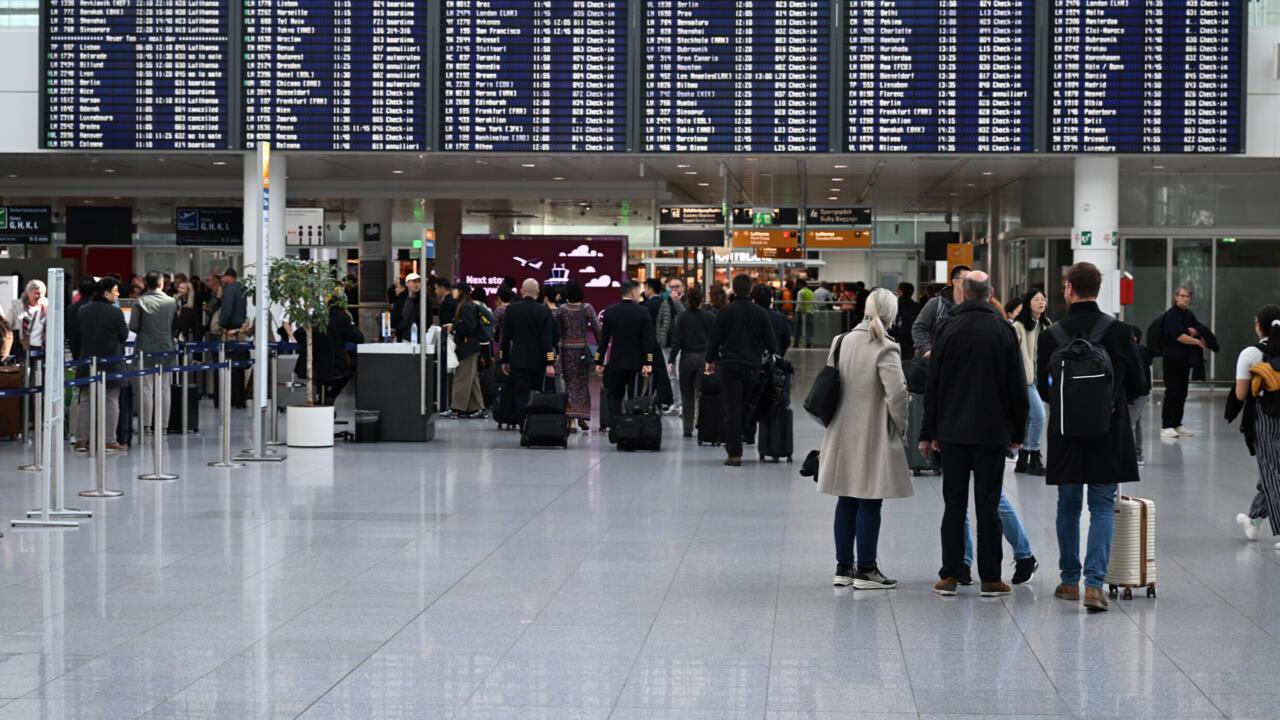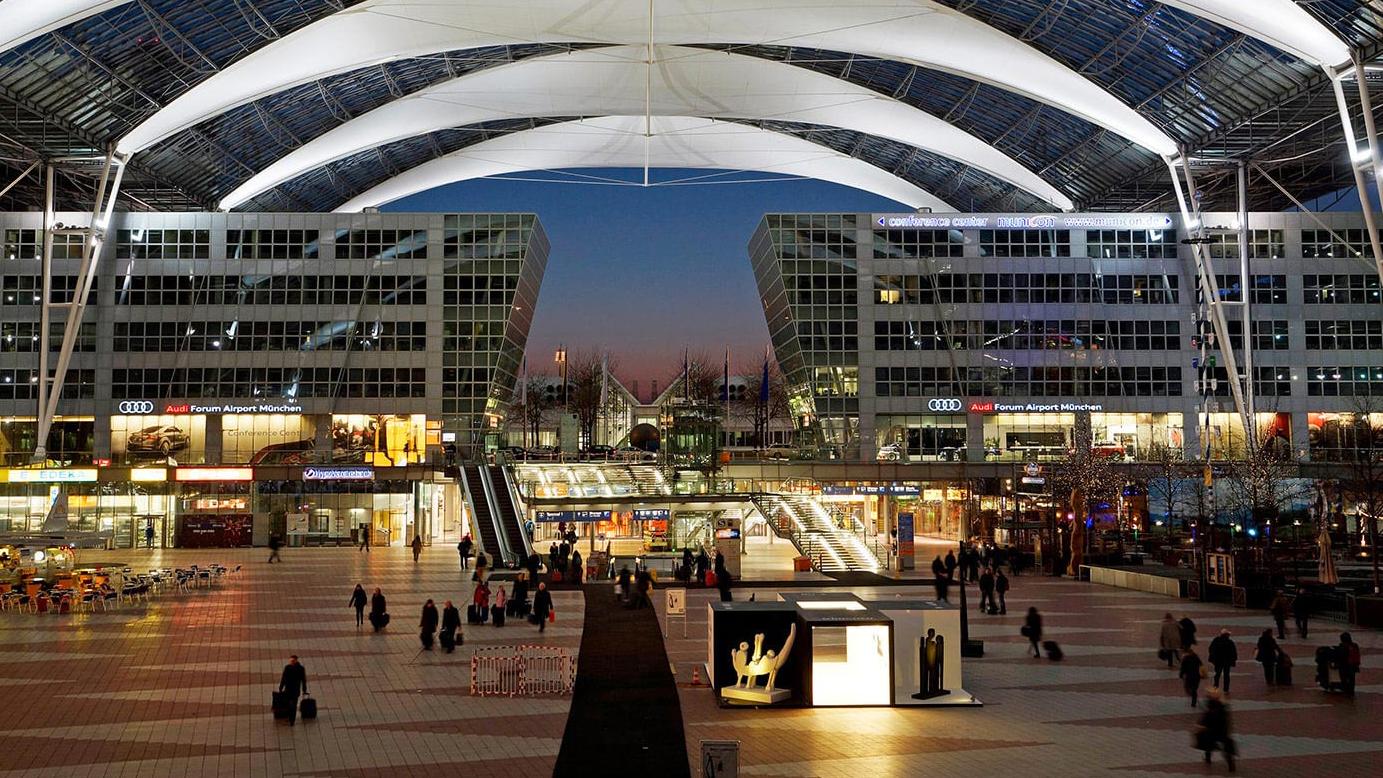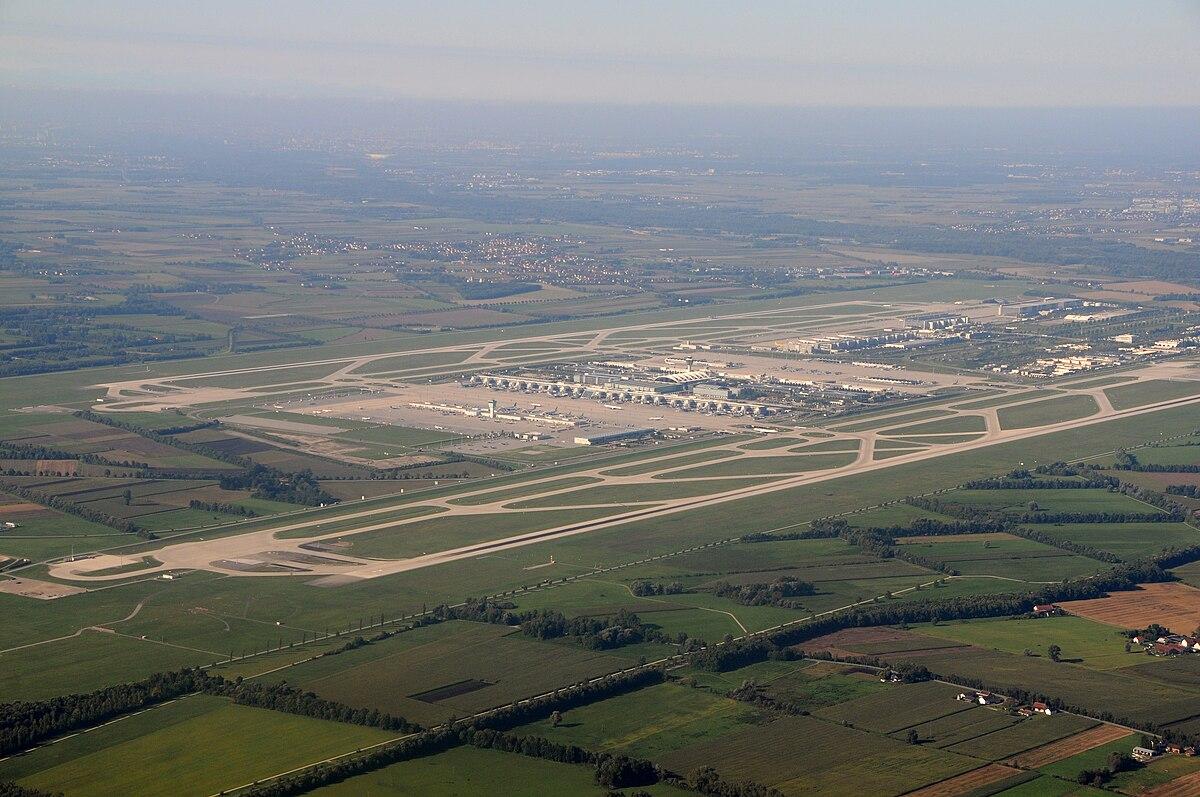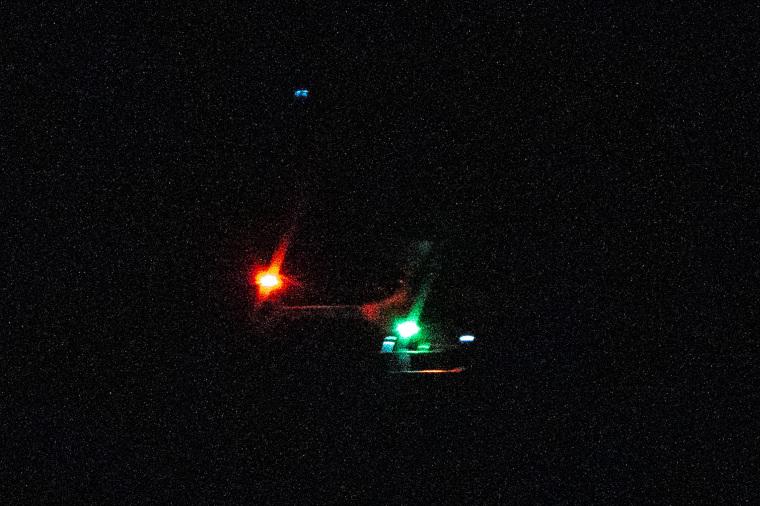Munich Airport Resumes Operations After Brief Shutdown Due to Drone Activity
Operations at one of europe’s busiest airports have resumed after a temporary closure sparked by unauthorized drone activity. The incident,which occurred during peak travel hours,raised notable safety concerns,prompting airport authorities to halt all flights for a thorough assessment. Authorities swiftly worked to clear the airspace, ensuring that no risks to passengers or aircraft remained. Passengers were advised to check thier flight statuses, as delays and cancellations affected numerous arrivals and departures during the shutdown.
The speedy response from Munich Airport’s operational team highlights the ongoing challenges posed by drone usage around airports. While modern drone technology offers various benefits, it also presents a growing threat to aviation safety.Key steps taken following the incident included:
- Increased surveillance of airport airspace to detect potential drone threats.
- Enhanced communication with local drone operators to mitigate future risks.
- Implementation of stricter regulations concerning drone flight zones close to the airport.
As normal operations have resumed,authorities are committed to ensuring the safety of all travelers while actively addressing the challenges posed by unauthorized drone activity.

Investigation Underway as Authorities Assess security Measures and Response Protocols
Following the alarming drone sightings that prompted an emergency closure at munich Airport, authorities have initiated a thorough investigation to assess current security measures and response protocols. The swift action taken by airport officials highlights significant concerns regarding airspace safety and the potential threats posed by unauthorized drone activities.With the airport now operational, a comprehensive review is expected to address vulnerabilities, ensuring that both travelers and personnel remain safe from similar disruptions in the future.
Initial reports suggest that the drone encountered was not operated by any official entity, leading to rising anxiety among passengers and airport staff. As officials dive deeper into the matter, several key aspects will be scrutinized:
- Effectiveness of existing airspace surveillance systems
- Cooperation with local law enforcement agencies
- Response time and coordination efforts during the incident
- Public awareness and communication strategies regarding drone regulations
Experts emphasize the necessity of stringent measures to combat drone-related incidents, advocating for improved technology and protocols that can swiftly neutralize potential threats. As the investigation unfolds, stakeholders are urged to engage in a constructive dialog aimed at enhancing overall airport security measures, thereby restoring public confidence in air travel safety.

Impact on Travelers and Flight Schedules: What Passengers Need to Know
With the recent reopening of Munich Airport following disruptions caused by drone sightings, travelers are advised to stay updated on their flight schedules and any potential delays. The brief closure, which was implemented as a precautionary measure to ensure the safety of passengers and aircraft, has led to a significant backlog of flights. Passengers should take note of the following:
- Check Flight Status: It’s crucial for travelers to verify their flight status through the airline’s website or app, as many flights might potentially be rescheduled or delayed due to the earlier disruptions.
- Arrive Prepared: Passengers should arrive at the airport early to account for possible increased security measures and long lines at check-in and security checkpoints.
- Stay Informed: Keeping an ear out for announcements at the airport and regularly checking for updates on social media from the airport authority can help passengers navigate any last-minute changes.
in addition to these immediate considerations,travelers should also be prepared for potential changes to their travel itineraries. Airports across Europe are experiencing a ripple effect as a result of the incident, with some airlines adjusting schedules to accommodate affected flights. Key points for passengers to remember include:
- Rebooking Options: Airlines are typically offering options for rebooking without additional fees for those affected by the delays. It’s advisable to contact the airline directly for assistance.
- Know Your Rights: Familiarize yourself with passenger rights regarding delays and cancellations, as travelers might potentially be entitled to compensation depending on the circumstances.
- plan for the Unexpected: Given the possibility of residual effects from the closure, it’s wise to stay flexible with travel plans and consider alternative arrangements if necessary.

Strengthening Airport Security: Recommendations for Preventing Future Disruptions
The recent temporary closure of Munich Airport due to drone sightings raises serious questions about current security measures and their effectiveness in safeguarding air travel. To mitigate the risk of similar disruptions in the future, a multifaceted approach is essential. First and foremost, enhanced surveillance technology should be deployed around airports to detect unauthorized drone activity in real-time. This could include advanced radar systems capable of identifying and tracking drones, combined with high-resolution cameras for verification purposes. Additionally, collaborative efforts with local law enforcement and aviation authorities can establish rapid response protocols to swiftly neutralize any threats, minimizing disruption and ensuring passenger safety.
Moreover, it’s crucial to raise public awareness about the dangers posed by drones near airports. Implementing educational campaigns aimed at drone operators can inform them of restricted airspace regulations and the potential consequences of violations. Another recommendation is to introduce stricter legislation governing the use of drones,including mandatory registration and licensing for operators. promoting research into anti-drone technology, such as jamming devices or net-based capture systems, would further strengthen airport defenses. By adopting a proactive stance on these recommendations, airports can bolster their security frameworks and provide a safer travel experience for all passengers.
